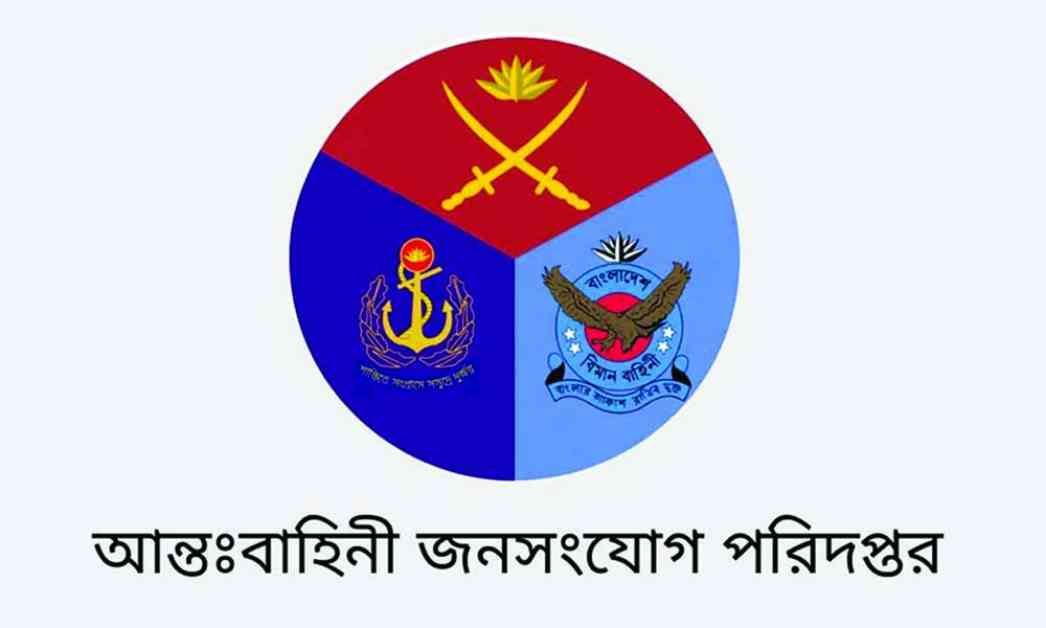In a recent slew of media reports in India, false news about the Indian military has been making waves. The misinformation surrounding the armed forces has sparked a wave of rebuttals from independent journalists. The false news has been circulating on various platforms, fueling confusion and misinformation among the public.
The spread of inaccurate information about the Indian military is concerning, as it can have far-reaching consequences on public opinion and national security. To combat this trend, it is crucial for journalists to fact-check and verify information before disseminating it to the public.
Expert Insights on Combating False News
According to Dr. Priya Sharma, a media expert at a leading journalism institute, “The proliferation of false news about the Indian military is a dangerous trend that can erode public trust in the armed forces. It is essential for journalists to adhere to ethical standards and verify information from credible sources before publishing any news related to the military.”
Dr. Sharma emphasized the importance of media literacy among the public to help them discern between accurate and false information. By educating the public on how to identify misinformation, journalists can play a vital role in combating the spread of false news.
Impact of False News on National Security
The dissemination of false information about the Indian military not only affects public perception but also has implications for national security. Misinformation can create panic and confusion among citizens, leading to unrest and potential security threats.
Colonel Rajesh Singh, a retired army officer, expressed his concerns about the dangers of false news on national security. He stated, “Inaccurate information about the military can undermine the morale of our armed forces and compromise operational security. It is crucial for the media to act responsibly and verify facts before reporting on military matters.”
Colonel Singh highlighted the need for collaborative efforts between the government, media, and civil society to combat false news effectively. By working together, stakeholders can ensure that accurate information prevails in the public domain, safeguarding national security interests.
In conclusion, the prevalence of false news about the Indian military underscores the importance of journalistic integrity and responsibility. By fact-checking information, educating the public, and promoting media literacy, journalists can help counter the spread of misinformation and uphold the credibility of the armed forces. It is imperative for all stakeholders to work together to ensure that accurate and verified information prevails in the public discourse, safeguarding national security and public trust in the military.
